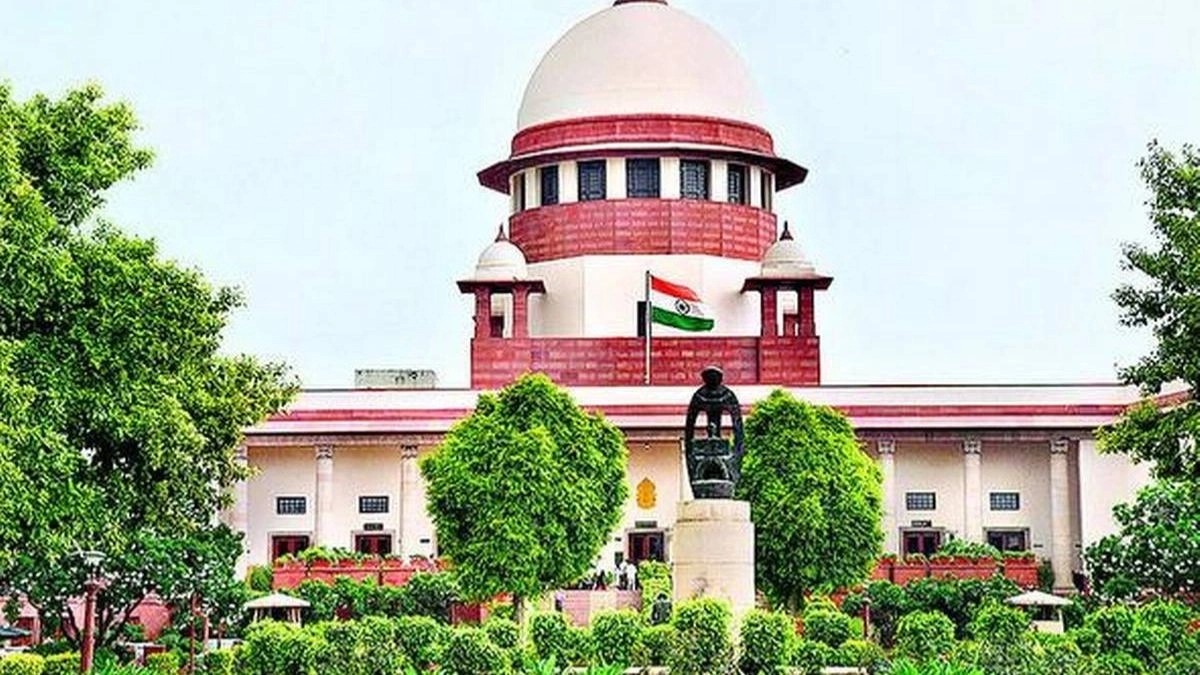New Delhi: The Supreme Court of India addressed the contentious issue of reservation on Monday, asserting that it cannot be based on religion.
The remarks were made during a hearing concerning a series of appeals challenging a Calcutta High Court decision that invalidated the Other Backward Class (OBC) status of 77 communities in West Bengal, which had been granted since 2010. The hearing took place before Justices B.R. Gavai and K.V. Viswanathan. Senior advocate Kapil Sibal, representing the West Bengal government, argued that the reservations were established based on socio-economic backwardness, not religious affiliation.
About The Calcutta High Court’s Judgment
The high court’s judgment, passed on May 22, deemed the classification of these communities as OBCs unconstitutional, claiming religion was the sole criterion. This ruling also called the inclusion of 77 Muslim communities as OBCs an “affront” to the community at large. The high court’s decision, which nullified OBC reservations under the 2012 Act and those granted between 2010 and 2010, specified that individuals already in service or who had benefited from the OBC status would not be adversely impacted. However, the court ordered that a new OBC list be prepared, adhering to the guidelines of the 1993 Act.
During the hearing, Sibal stressed that the issue affected thousands of students and job seekers, urging the Supreme Court to issue an interim order to stay the high court’s ruling. While the Supreme Court acknowledged the gravity of the case, it refrained from passing immediate interim directions. The bench scheduled further deliberations for January 7, 2025, to hear detailed submissions from all parties.
The court had previously instructed the state to submit an affidavit with data proving the social and economic backwardness of the newly included OBCs and their underrepresentation in public sector employment. Additionally, the top court requested an account of any consultations conducted by the West Bengal government and its Backward Classes Commission before adding 37 Muslim communities to the OBC list.
In Monday’s session, Senior Advocate Maninder Singh, representing opposing parties, questioned the fairness of extending OBC benefits to converts to Islam. The court’s observation—that reservation cannot be religion-based— prompted further dialogue on the legitimacy of the classification process.
